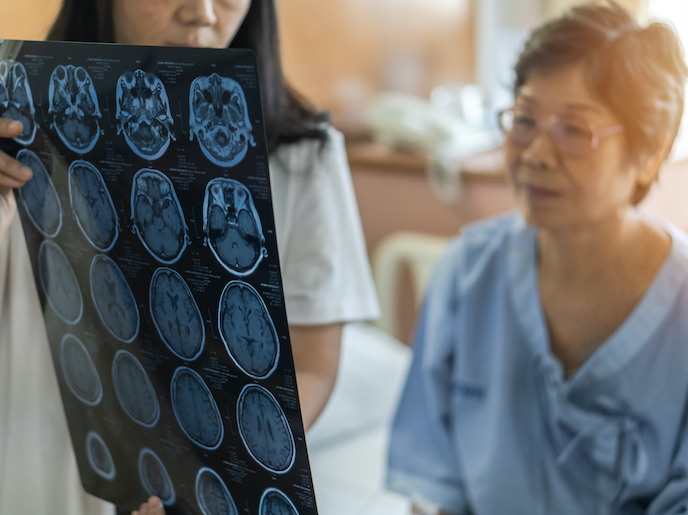Grammar and memory in agrammatic aphasia and Alzheimer’s disease
Neurological conditions such as aphasia and probable Alzheimer's disease (pAD), result in memory and language impairments. Yet, it is not clear how these conditions manifest themselves at the language level in different languages nor how memory problems affect language. The EU-funded MEMOGRAM (Grammar and memory: Evidence from agrammatic aphasia and probable Alzheimer's disease in German, Italian and Greek) project examined (morpho)syntactic phenomena and memory systems in agrammatic aphasia and pAD. Specifically, the study investigated how aphasia and pAD manifest themselves in various languages, and explored the relationship between language performance and memory systems such as verbal working memory. Five language-neurological groups were tested with language and cognitive experiments they comprised an Italian aphasic group, an Italian pAD group, a Greek aphasic group, a Greek pAD group, and a German aphasic group. Results did not lend cross-linguistic support to any unitary hypotheses. The Italian and Greek pAD groups exhibited patterns of performance similar to those of the Italian and Greek aphasic groups. It appears therefore, that the patterns of (morpho)syntactic impairment were not specific to particular neurological conditions. The similar patterns observed in different neurological conditions were probably the synergistic effect of two facts: individuals with neurological conditions such as aphasia and pAD have processing limitations and certain grammatical phenomena/constructs are more difficult to process than others. To reliably explore the relationship between memory systems (such as working memory (WM)) and (morpho)syntactic phenomena, team members also tested 103 neurologically intact Greek speakers with cognitive and language tasks. The main finding was that verbal WM capacity affected verb-related morphosyntactic categories differentially, although only in poorly educated individuals with relatively low educational levels ( for example 5-10 years of formal education). At the group level, healthy participants performed better on agreement than on tense and aspect, and better on tense than on aspect. Another finding was that cue-target distance matters. MEMOGRAM revealed the different ways agrammatic aphasia and pAD affect speakers of various languages. Results will help inform treatment, potentially leading to improved quality of life.
Keywords
Memory, syntactic, languages, probable Alzheimer's disease, MEMOGRAM, agrammatic aphasia







